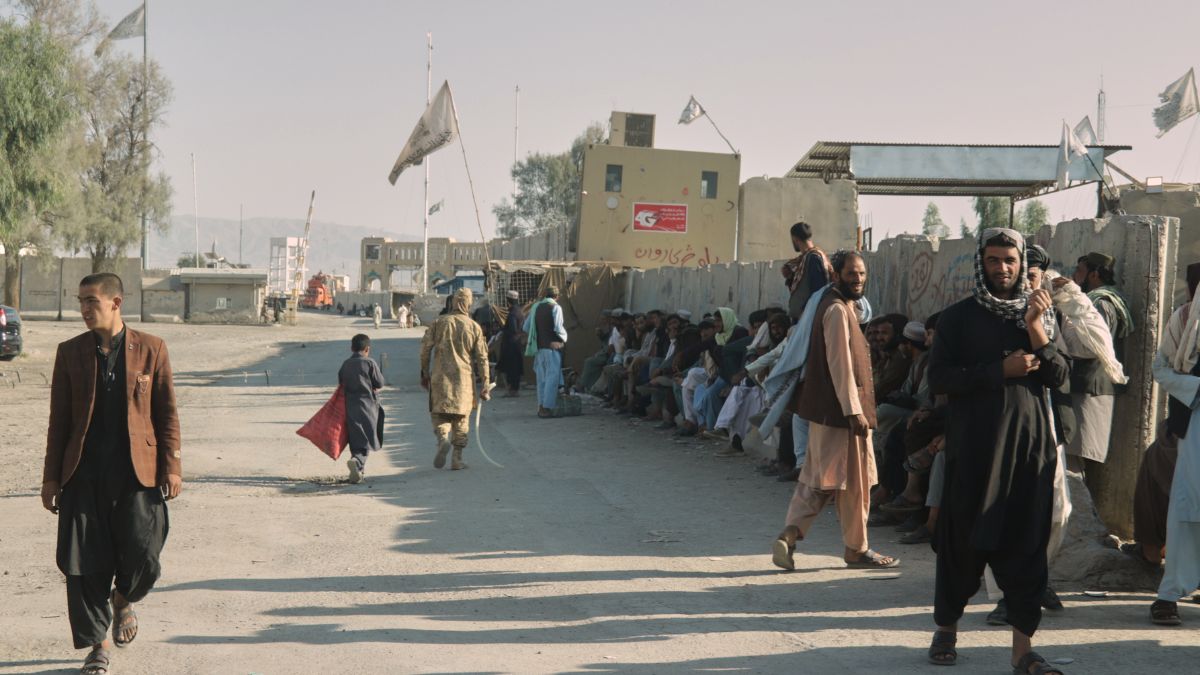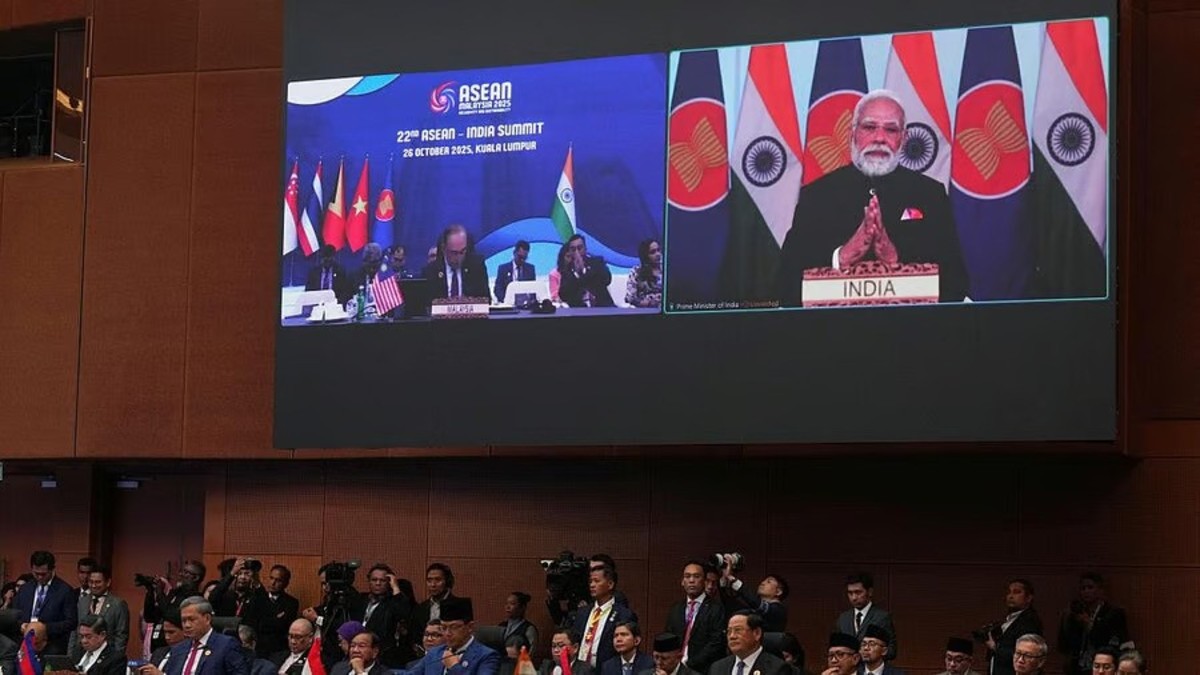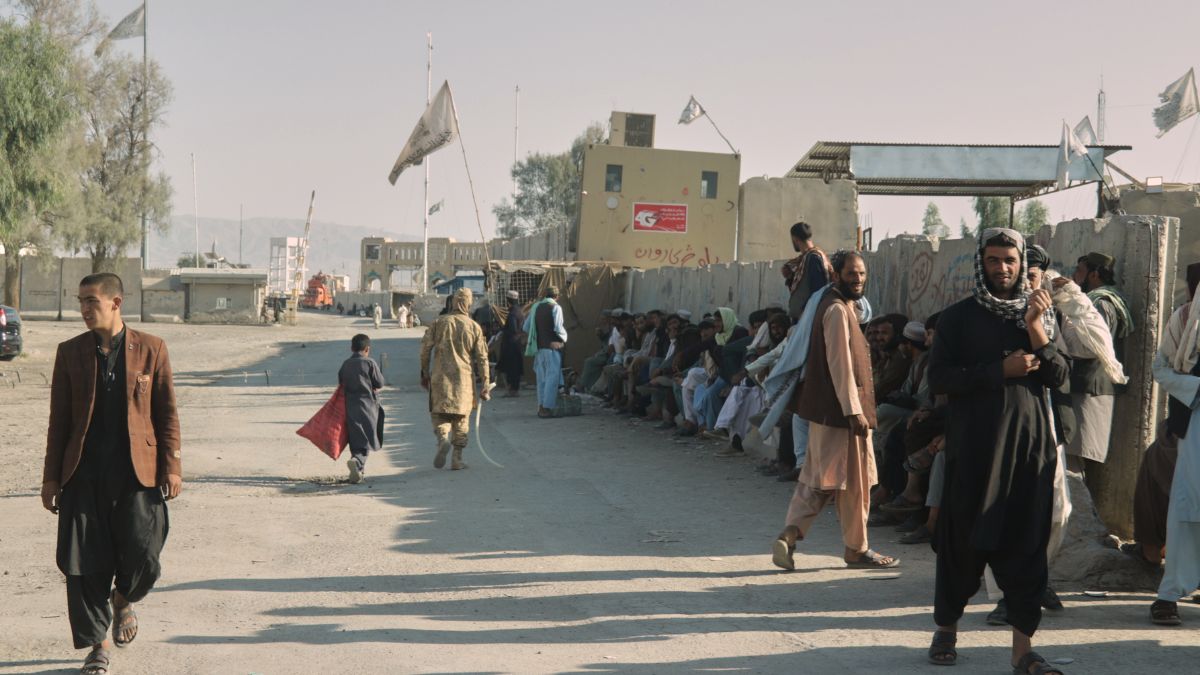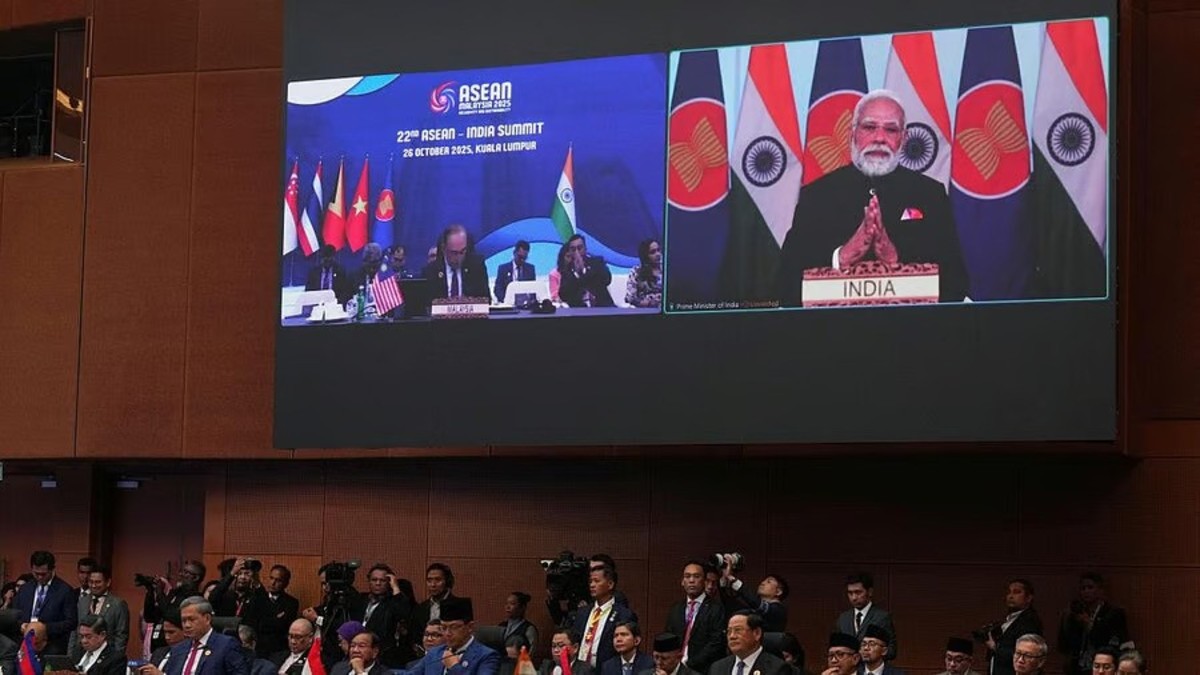BJP leaders in Assam have called for an investigation after Congress leader Bidhu Bhushan Das was accused of singing Amar Sonar Bangla, the national anthem of Bangladesh, during a party meeting in the Sribhumi district of the Barak Valley.
The incident has sparked a fresh political storm, especially as tensions between India and Bangladesh have already been running high over Dhaka’s controversial new map on a book cover that showed parts of Northeast India within its borders.
While the BJP slammed the Congress for being “Bangladesh-obsessed” and questioned its sense of national pride, the Congress has brushed off the criticism as “politically motivated".
Here’s what exactly unfolded
Uproar by BJP leaders
On Monday, Bidhu Bhushan Das, a resident of Bhanga in Sribhumi district and former chairperson of the Seva Dal’s district unit, began his address at the executive committee meeting of the Sribhumi district Seva Dal at Indira Bhavan, the local Congress office, by singing the song written by Rabindranath Tagore in 1905 during the first partition of Bengal under British rule.
Bangladesh’s national anthem “Amar Sonar Bangla” sung at a Congress meeting in Sribhumi, Assam - the same country that wants to separate the Northeast from India!
— Ashok Singhal (@TheAshokSinghal) October 28, 2025
Now it’s clear why Congress, for decades, allowed and encouraged illegal Miya infiltration into Assam - to change… pic.twitter.com/dJNizO8F13
However, the move quickly stirred controversy, with Bhartiya Janata Party leaders accusing the Congress of showing misplaced loyalties.
“The signs couldn’t be louder. Just days ago, Bangladesh dared to publish a map swallowing the entire Northeast, and now the Bangladesh-obsessed Congress is proudly singing Bangladesh’s national anthem right here in Assam. If after this someone still can’t see the agenda at play, then they’re either blind, complicit, or both,” the BJP’s Assam unit wrote on X.
The signs couldn’t be louder. Just days ago Bangladesh dared to publish a map swallowing the entire Northeast and now the Bangladesh-obsessed Congress is proudly singing Bangladesh’s national anthem right here in Assam.
— BJP Assam Pradesh (@BJP4Assam) October 28, 2025
If after this someone still can’t see the agenda at play,… pic.twitter.com/knutJ3NDSi
Assam minister Ashok Singhal also joined in the criticism, posting on X, “Bangladesh’s national anthem ‘Amar Sonar Bangla’ sung at a Congress meeting in Sribhumi, Assam — the same country that wants to separate the Northeast from India!”
He further accused the Congress of indulging in “vote-bank politics,” claiming, “Now it’s clear why Congress, for decades, allowed and encouraged illegal Miya infiltration into Assam — to change the state’s demography for vote-bank politics, creating a ‘Greater Bangladesh’.”
Also read: After Pakistan, why is Bangladesh hosting India's fugitive preacher Zakir Naik?
Congress hits back
The Congress has dismissed the BJP’s allegations, calling them an attempt to stir unnecessary controversy for political gain. Party members said the incident was being blown out of proportion and misrepresented.
Shahadat Ahmed Choudhury, head of the party’s district media cell, clarified that Das had announced beforehand that he would be singing a Rabindrasangeet. “The song Amar Sonar Bangla is primarily known as a Tagore composition,” he said.
“Das hoists the Indian national flag at Indira Bhavan every Independence Day. There is no question of him treating it as Bangladesh’s anthem. It was simply an expression of love for his mother tongue.”
Samajwadi Party leader Virendra Singh also defended the act, saying the BJP is “continuously trying to label those who speak Bengali, especially Bangladeshis, as infiltrators”.
Delhi: SP MP Virendra Singh says, "The Bengali language spoken in West Bengal is a language of our country. The BJP is continuously trying to label those who speak Bengali, especially Bangladeshis, as foreigners and infiltrators. So, if the Congress has sung a song called 'Sonar… pic.twitter.com/fRD0IsYzWg
— IANS (@ians_india) October 29, 2025
Written by Rabindranath Tagore in 1905 , Amar Sonar Bangla, which translates to My Golden Bengal, was composed as a protest against the first partition of Bengal under British rule.
In the song, Tagore describes Bengal’s landscapes, rivers, and the deep emotional connection that Bengalis feel with their homeland.
The song quickly became a symbol of resistance and unity, inspiring people to oppose the division. The partition was eventually reversed in 1911. Bangladesh later adopted the song as its national anthem in 1971, nearly seventy years after it was written.
Next to Bangladesh, Assam’s Sribhumi district, formerly known as Karimganj, has a predominantly Bengali-speaking population.
Why this matters
The controversy comes at a time when India’s relationship with Bangladesh is already on shaky ground. Ties between the two neighbours soured after a nationwide movement in Bangladesh led to a regime change last year, forcing former Prime Minister Sheikh Hasina, long seen as a close ally of India, to flee to New Delhi.
Since then, New Delhi has repeatedly raised concerns over reports of rising atrocities against minorities in Bangladesh and repeated infiltration attempts into India’s northeastern states.
Assam Chief Minister Himanta Biswa Sarma recently claimed there had been a “massive increase in infiltration since the unrest in Bangladesh,” adding that “in the past five months, 20 to 30 people daily tried to enter Assam and Tripura illegally.”
Sarma said the state government was not arresting these individuals but “pushing them back” across the border. He attributed the rise in crossings to the collapse of the economy of the neighbouring country.
Meanwhile, growing closeness between Dhaka and Islamabad has raised eyebrows in New Delhi. Just last week, Bangladesh’s interim government Chief Advisor and Nobel laureate Muhammad Yunus met Pakistan’s Chairman of the Joint Chiefs of Staff Committee, General Sahir Shamshad Mirza, to discuss bilateral ties.
During the meeting, Yunus presented Mirza with a book titled Art of Triumph: Bangladesh’s New Dawn. What drew immediate outrage was the book’s cover. It featured a map of Bangladesh that included large parts of India’s Northeast, including Assam, Arunachal Pradesh, Manipur, Meghalaya, Mizoram, Nagaland, and Tripura.
The depiction sparked furious reactions on social media, with many calling it an attempt to stoke tensions at a time when relations between the two countries are already under stress.
With input from agencies


)

)
)
)
)
)
)
)
)



